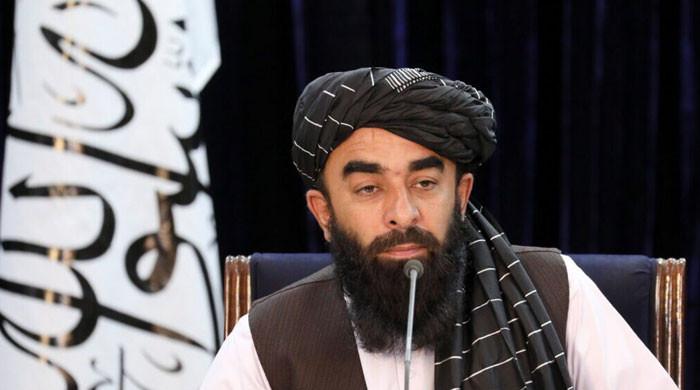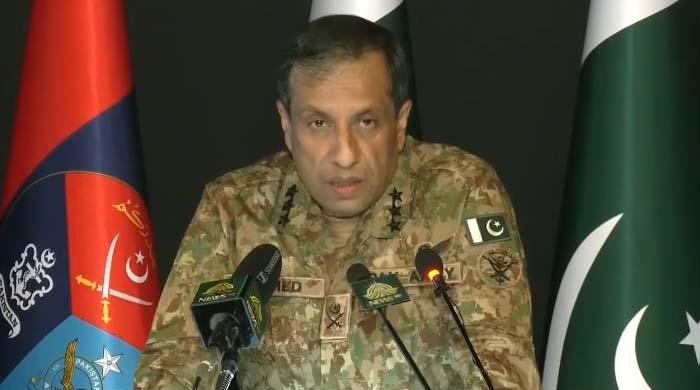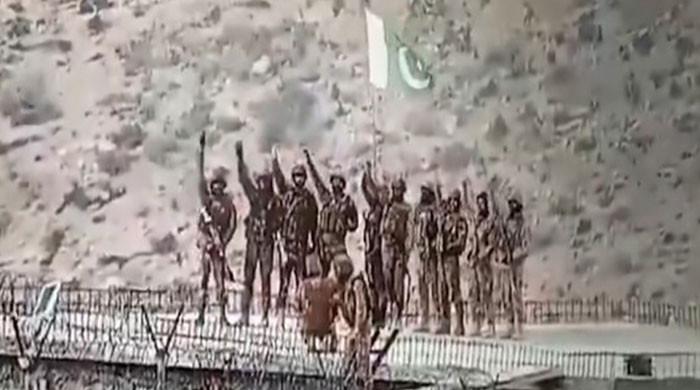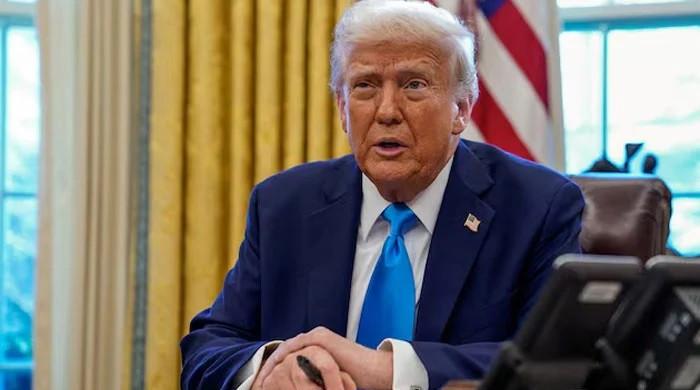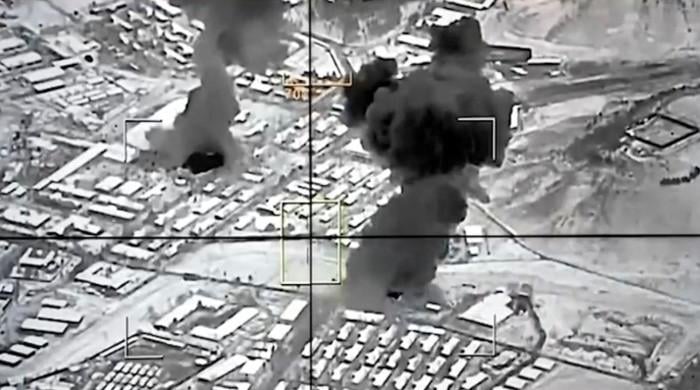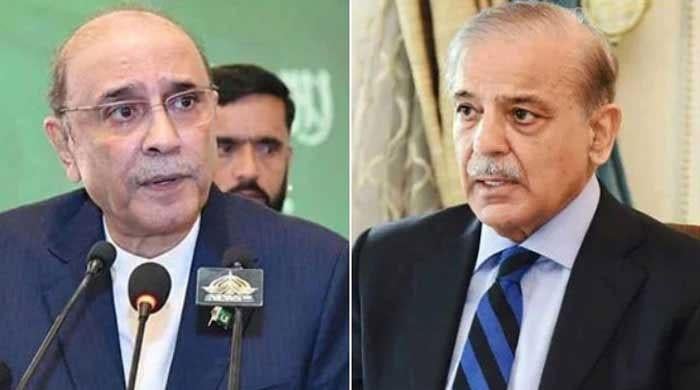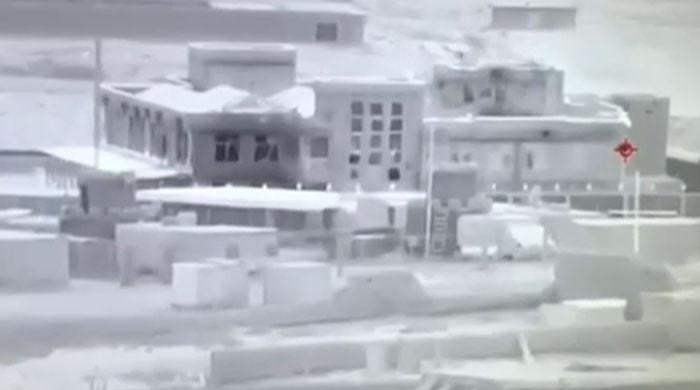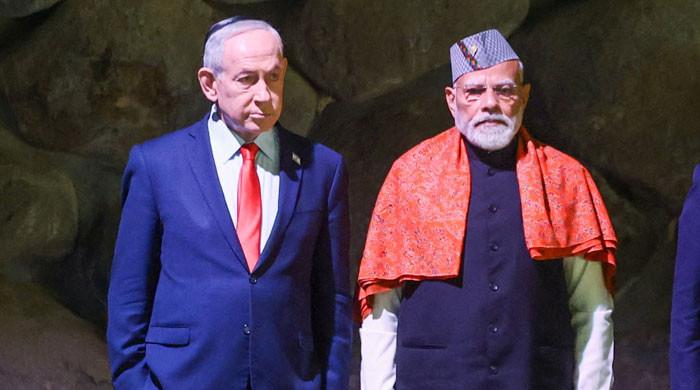Why are student unions still illegal in Pakistan?
Despite repeated promises, student unions remain illegal in Pakistan, thus depriving a large population of their basic constitutional right
February 10, 2022
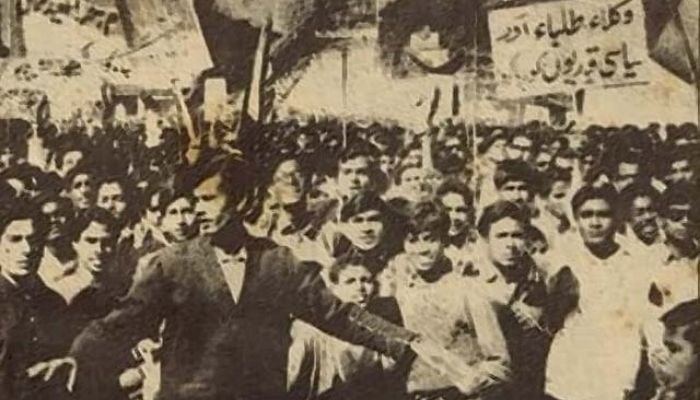
Pakistan’s experience with student unions has been less than ideal, mainly due to political expediency and narrow political objectives which reached a pinnacle during Ziaul Haq’s dictatorship and led to unions being outlawed in 1984.
Though political parties had their respective student bodies, a few independent and progressive unions also emerged and played a very crucial role in student politics back in that era. Since then, despite repeated promises, unions remain illegal in Pakistan, thus depriving a large population of their basic constitutional right of assembly under Article 16 of the constitution of Pakistan.
Student unions are not just vital for the promotion of democratic culture but are also the need of the hour. The process of legalising student unions will not be free of its own challenges, but the state must create the necessary conditions for their rehabilitation.
Before Zia banned student unions, their role in socio-political development was very effective. They played a big role in promoting students’ academic interest during the pre-1984 era. Students who could not afford their education expenses were provided financial support by the unions. A number of unions, particularly those not aligned to political parties, had dedicated leaders committed to the general welfare of students. Their support also extended help to new entrants through academic counseling, and union leaders kept a helpful check on facilities available on the university premises. A system of keeping a check in public-sector universities is either non-existent or ineffective at best, and student unions played a very effective role in holding the universities’ administration accountable.
The role of unions has been criticised for being too intrusive in the past, and some claim that their overreach often rendered the university administration inefficient. Similarly, a few unions resorted to violence on some occasions. The Islami Jamiat Talaba (IJT), the student wing of the Jamaat-e-Islami, is particularly notorious for promoting violence on campus. Shah Meer Baloch and Zafar Musyani in their article for ‘The Diplomat’, titled ‘Pakistan’s Dark History of Student Extremists’, have noted: “Violence, intolerance, and extremism at university campuses are not a new phenomenon in Pakistan. This trend has a history of decades, but it has become unbearable now.” So, while one cannot outright deny incidents of violence on university campuses in the past, making that a reason to completely ban student unions tells one more about those in power than the actual problem at hand.
Student unions can also play a very important role in the promotion of cultural events, and highlighting Pakistan’s linguistic and cultural diversity. Such events will not only promote regional languages and cultures but also create a strong sense of community among union members. This way, students belonging to different ethnic and linguistic groups can also get the opportunity to interact with each other at different forums.
Noting such an example of cultural diversity on campus, an article – ‘QAU huts: where Pakistan’s cultural diversity blends in’ – published in ‘The Nation’ in 2018 mentions how in Quaid-e-Azam University “Punjab Hut serves its special ‘Malai jam’ with traditional paratha in breakfast…Hikmat Hut serves lobia karahi… Bistro Cafe boasts a traditional Pashtun-style interior.” Apart from eateries, unions can provide a more formal platform for interaction and mingling of students from different ethnic groups.
Finally, the historical role of student unions in politics also deserves examination. During the freedom movement of Pakistan, students were at the forefront and made countless sacrifices for the attainment of a separate homeland. Students of Aligarh Muslim University, Islamia College Peshawar, and Islamia College Lahore were particularly instrumental in spreading the message of the Muslim League to far-off places. As the means of communications were neither as effective nor as accessible as today, students played a vital role in spreading the message of peace among the people. In a nutshell, students were the vanguard of the Muslim League’s campaign for a separate state.
During the years after Independence, these unions not only participated in the political life of the state but enriched the ideological horizons of the people. The National Students Federation (NSF), Progressive Students Alliance (PSA), and United Students Movement (USM) were some of the leftist and progressive bodies which struggled for the enshrinement of a progressive and democratic state.
During different eras, these organisations rose up against dictators and tried to restore the democratic order in Pakistan. Nadeem Farooq Paracha, in his paper ‘Student politics in Pakistan: A celebration, lament & history’ has noted Ayub’s crackdown on NSF in the following words: “In 1958, NSF was banned when Field Marshal Ayub Khan imposed the country’s first martial law. Student politics and unions along with political parties were banned and a fresh crackdown on student radicals launched. The martial law was imposed on the pretext of ‘political chaos’ triggered by years of Machiavellian power games between the politicians and bureaucrats, and the rising levels of corruption in the society.”
Thus, it is evident that, more than violence, it was political expediency that led to the ban of the NSF in the Ayub era. Students’ roles did not diminish and unions were later allowed, subject to strict conditionalities. In 1974, the Student Union Ordinance was passed to allow political activity on campuses. However, General Zia finally imposed a complete ban on student bodies.
Student unions were banned to fulfil expedient political objectives, their contribution to providing academic support for students, promotion of a variety of languages and culture, and their role in promoting progressive politics cannot be trivialised. Besides, they can play a very effective role in supporting the academia, promoting local cultures and languages, and bringing mass political awareness which is regarded as a prerequisite for a functioning democracy.
The writer is an activist with the Progressive Students’ Federation and an international relations student. He tweets at @mustafa_Wynne




